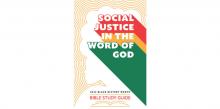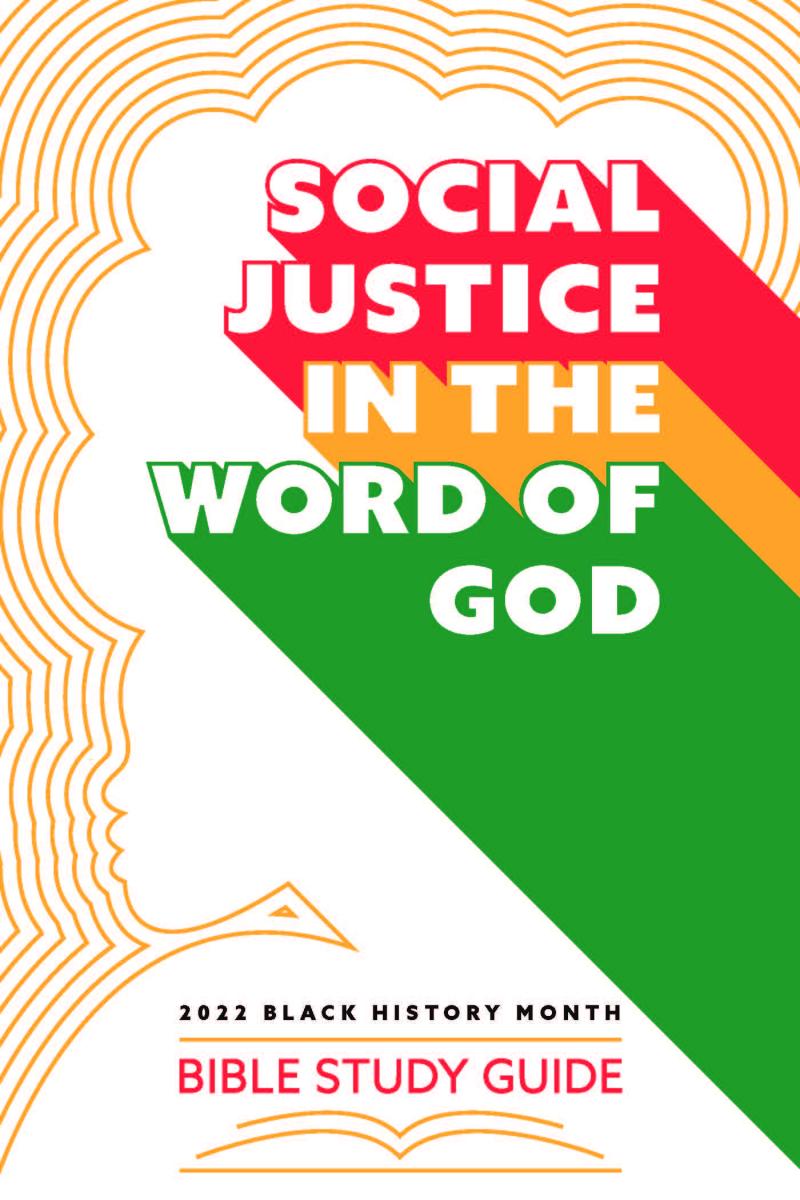Historia de V. Michelle Bernard
En enero, el pastor y evangelista de toda la vida José Daniel Espósito Forciniti comenzó a servir como asistente del presidente para evangelismo en la Unión de Columbia.
Espósito dice: “Mi sueño y mi oración son que todas las iglesias, y los miembros de todas las edades, hagan del evangelismo su estilo de vida, lo que les brindará felicidad mientras impactan y transforman las comunidades que los rodean”.
En el puesto recientemente rediseñado, Espósito trabajará para brindar supervisión y capacitación, y creará un comité de evangelización para implementar los próximos planes e iniciativas.




 Story by North American Division Communication Staff
Story by North American Division Communication Staff

 Story by Andrew S. Lay
Story by Andrew S. Lay 




